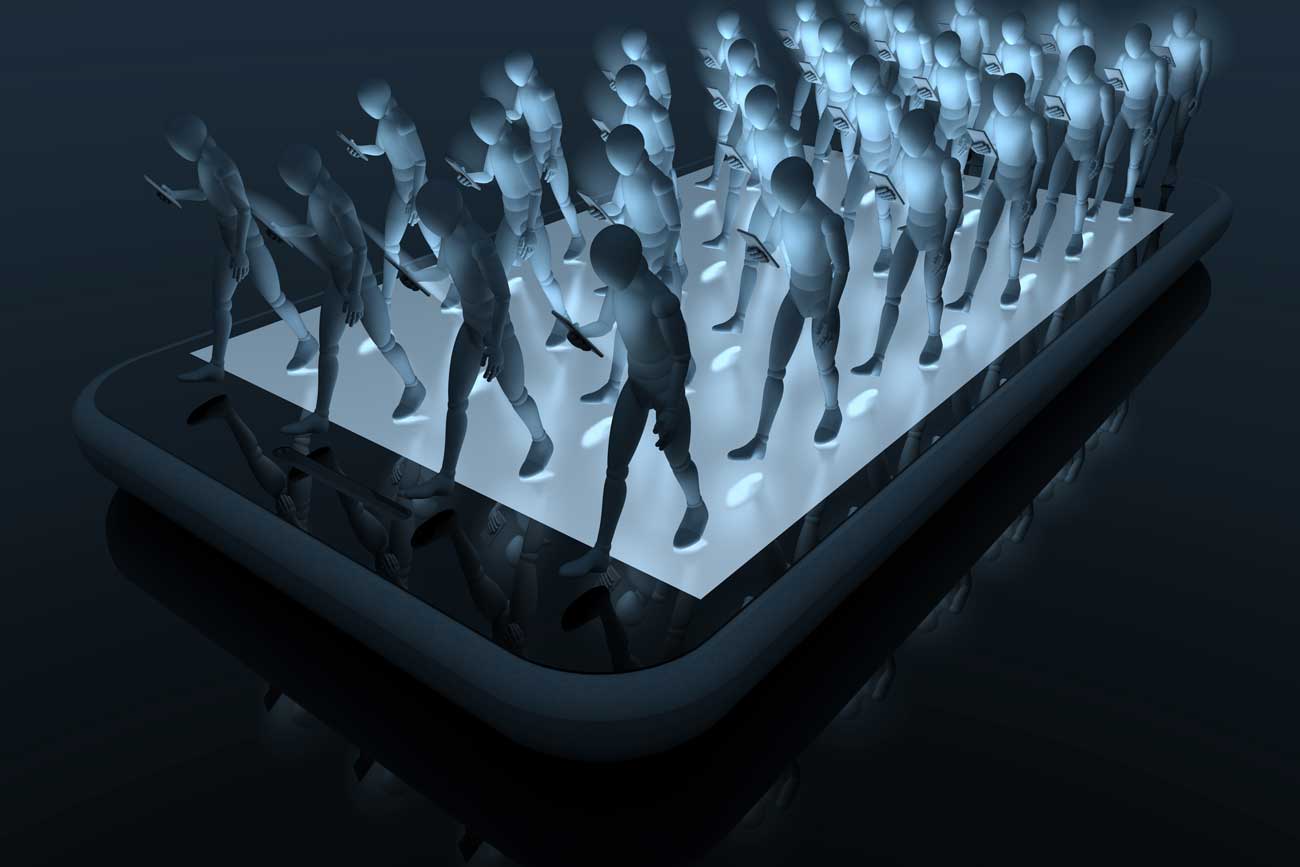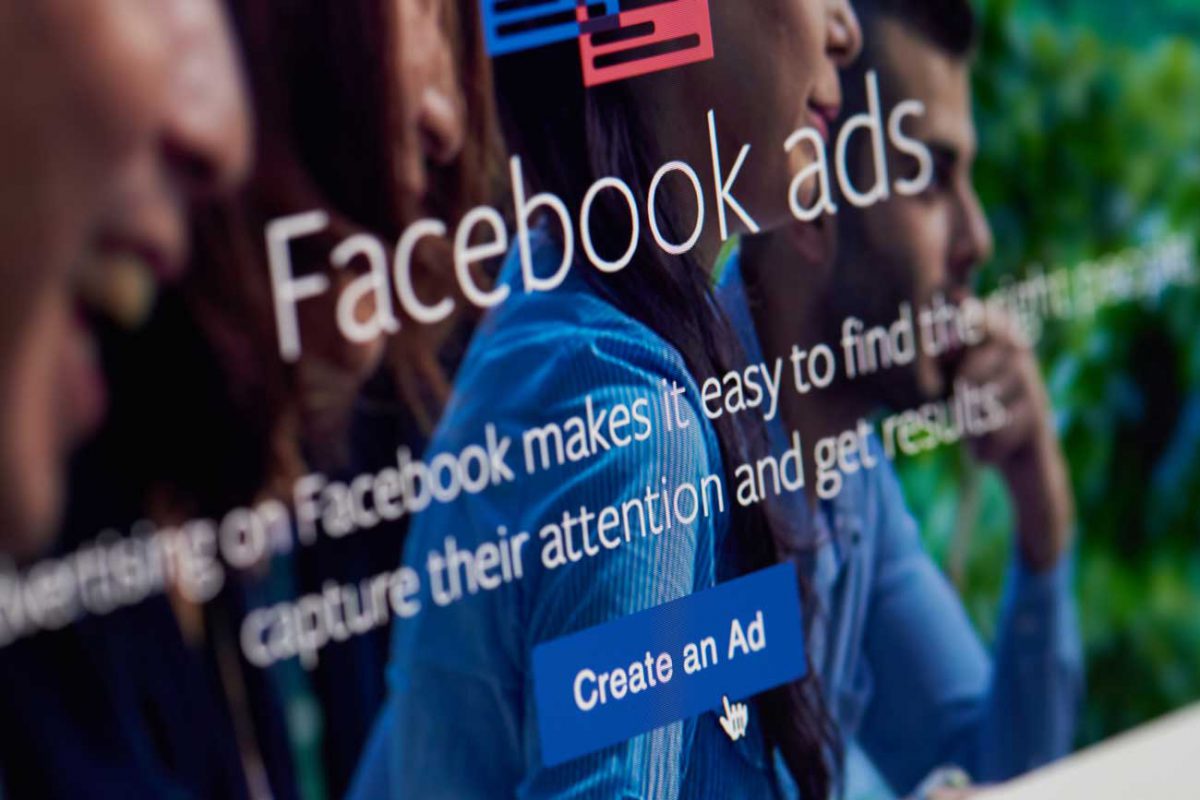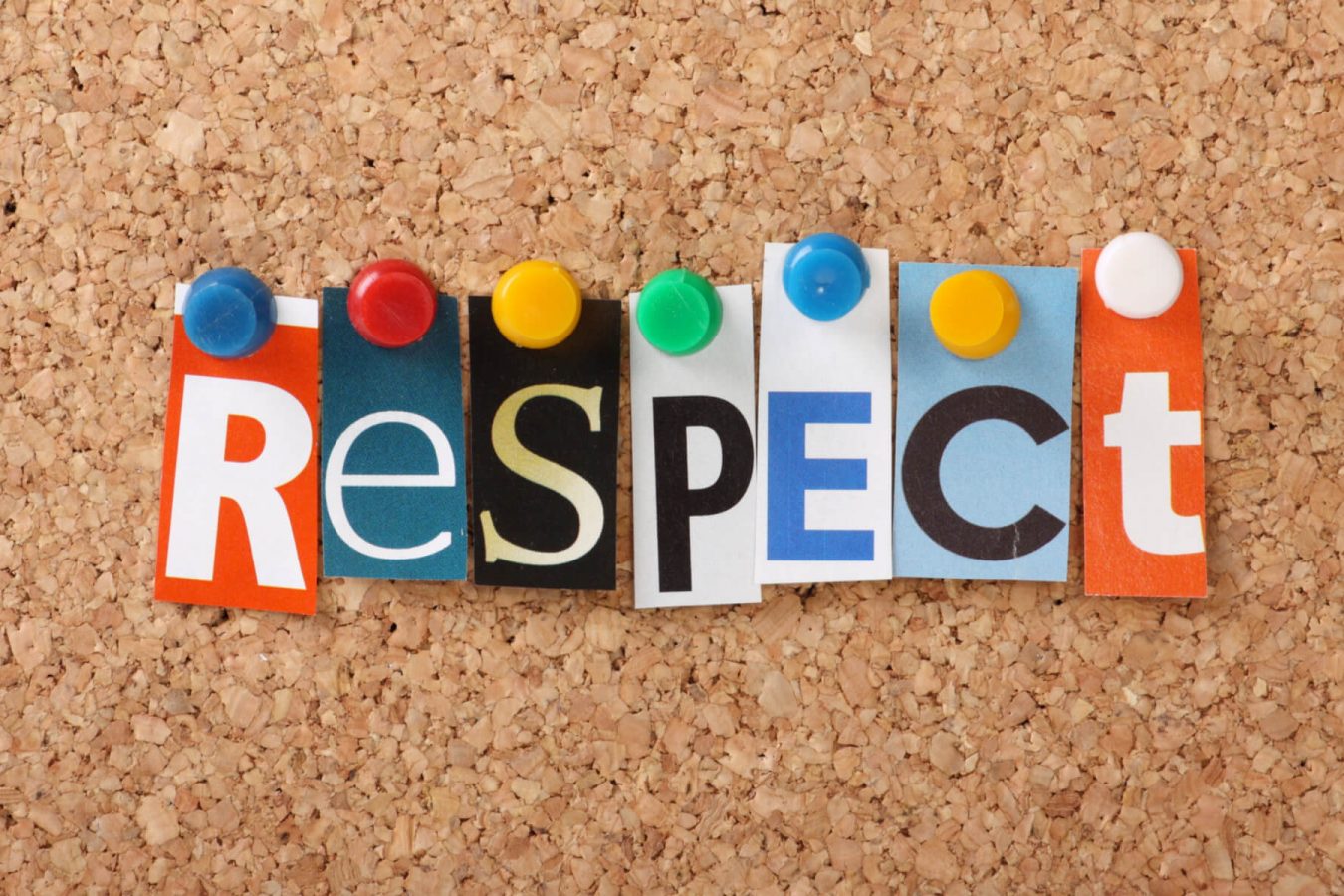
Louka Parry has a personal mantra: control your tech, or it will control you.
‘At the end of your days, your life will have been what you paid attention to.’ – William James
Time management is old hat. In the modern world, it’s better to talk about productivity generally. We can have all the time in the world, but unless we manage the most vital part of our lives, our attention, we are destined to become hopelessly distracted and wasteful.
Why?
Because the most addictive psychological tools ever created now follow us everywhere – through our smartphone. This is the digital realm of the attention merchants.
This is a problem, as it is our attention that determines our impact in every sense. The pioneering psychologist, William James, wrote:
Attention … is the taking possession by the mind, in clear and vivid form, of one out of what seem several simultaneously possible objects or trains of thought, localisation, concentration, of consciousness are of its essence. It implies withdrawal from some things in order to deal effectively with others, and is a condition which has a real opposite in the confused, dazed, scatter brained state.
In this modern world, one of my personal mantras is:
Control your tech, or it will control you.
Tech giants and app developers are slowly yielding to pressure to move towards enabling us to use their devices and products more mindfully. Apple has announced their ‘digital wellness features’, following on from Google doing the same a month before. Maybe we can hope for technology that is more human-centred, but it’s not time to sing ‘kumbayah’ just yet.
Advertising has never been so pervasive as it is today. In fact, we can track the genesis of the advertising business model to the incredible article in The Sun in 1835 of moon bats found on the moon (some early fake news). But advertising really exploded during the 20th century (Mad Men binge anyone?) with the rise of print media and television alongside the consumer economy. And in case you haven’t noticed, our media consumption has kinda changed.
The day you read this, 70 per cent of all advertising revenue will come from digital sources.
It’s supremely obvious these technologies have huge impact on our ways of connecting, working and learning, and even our elections (i.e. the Cambridge Analytica firestorm), and is why print media has been shedding staff or transitioning into digital for the last decade.
One of my favourite questions to pose is this: Who are the customers of Facebook or Google?
All of us right?
Ah, wrong.
Their actual customers, are advertisers. Of course they are. They are the ones that actually pay them for a service or product.
Wait, so if we are not the customer, what are we? Simple, we are the product.
This is not inherently terrible, they do offer a free service after all, but the trade off is just not well understood by many, and turns out our data was never as secure as promised. As part of the US Senate’s Committee into Data Protection, Mark Zuckerberg was made to testify and answer their hard thought-out questions. And two things became obvious.
- Many US Sentators don’t understand how the internet works (cue meme generators!)
- Some also don’t understand the current digital business model. Zuckerberg even had to spell it out when asked how Facebook makes money.
‘Senator, we run ads.’

What can we do?
To be fair, in their view Facebook sells ‘targeted’ ads to improve the experience for users. This isn’t nefarious per se, but did we really ask for this? Is this the world of technology we want? We should all take control of our data, (have you downloaded yours?) and investigate how it is being used. Your digital footprint says a lot about who the internet thinks you are (or who you actually are, based on your perspective).
Don’t get me wrong, I’m actually a technological optimist. Absolutely, technology is transforming the world for the better, giving unparalleled access to information, education, healthcare, and opportunity to anyone, anywhere. A child with a phone and an internet connection in the developing world has access to more information than Bill Clinton did during his entire presidency.
However, the problem is that new technologies can also addict us to stuff we might find pleasurable in the short term, but that will help us waste our lives, tapping into our obsessions rather than our harmonious passions. We need to be human in our design of technology to actually get to a world of abundance.
So what the heck do we do about all this?
Well, I had the pleasure of meeting and speaking with Max Stossel recently for an episode of our Educhange Podcast and we chatted about how new technologies are influencing lives, schools and learning, not always for the better. He is a tech developer and also a founding member of the Centre for Humane Technology. He is also an epic slam poet.
Three things that can help
So here are three things we can do today to control our tech. I’ve done all three, and I’m loving being more deliberate with my attention and use of technology.
- Turn off all notifications on your phone that do not originate from a human being (a like does not count…)
- Sleep with your tech out of your bedroom
- Put your phone onto grayscale.
As Simone Weil wrote,
‘Attention is the rarest and purest form of generosity.’
So use your generosity well. After all, it will define your life.
Still curious? Check out the further reading:
- Centre for Humane Tech: More useful steps for how to Take Control:
- http://humanetech.com
2. I also read this brilliant article a couple years ago. It’s takes you explicitly inside a range of different platforms and the processes they use to keep you hooked:
3. There is a excellent episode from Hidden Brain (one of my absolute favourite podcasts) on this topic with Columbia University law professor Tim Wu, author of The Attention Merchants:
4. The wonderful Maria Popova of Brain Pickings exploring William James on Attention, Multitasking, and the Habit of Mind That Sets Geniuses Apart:
5. And finally, take a listen to Max and I chat tech on the Educhange Podcast site or via iTunes.
See you on the interwebs, when you choose to use your attention to engage.
Louka Parry is the Director of Programs at Education Changemakers, and a former principal.
Like this post? Please share using the buttons on this page.
Subscribe to The Parents Website


